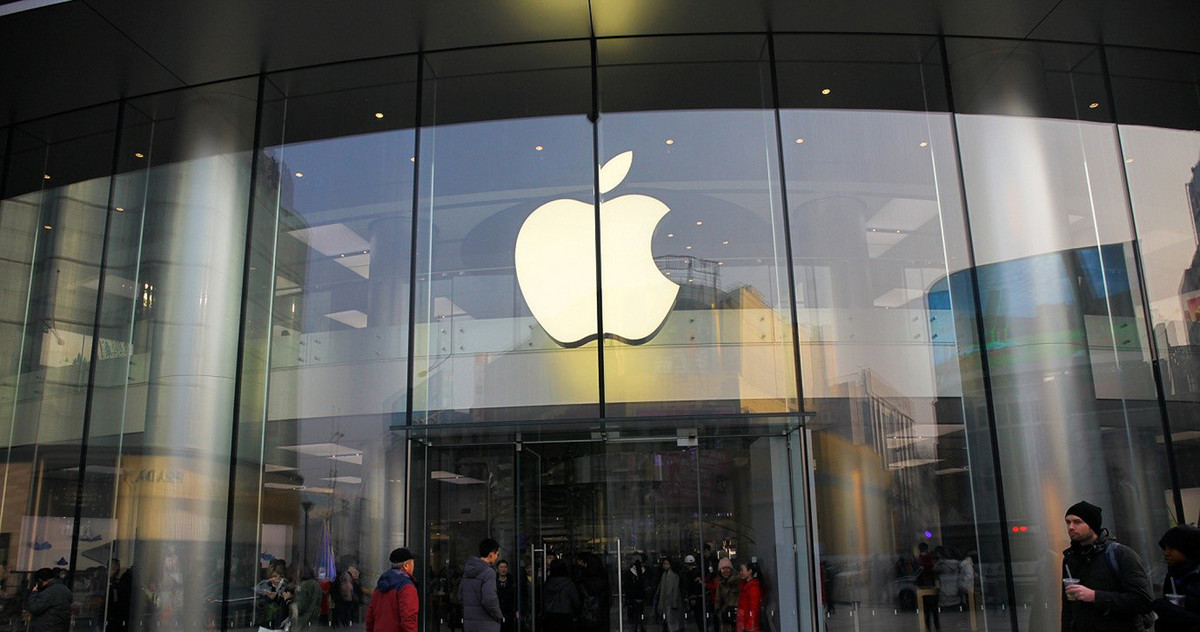Overview
Recommendations
Next Steps
Social media
Embracing failure often yields great long-term benefits

In business, new ventures and opportunities might seem daunting, but even failures are their own opportunities. By avoiding risks, businesses lose out not only on potential successes, but also on the crucial learning potential of mistakes.
As they graduate and turn to new opportunities, EMBA students are likely to encounter a variety of risks and mistakes. Whether they are making quick decisions or choosing a whole new business direction, EMBA grads should remember that mistakes give rise to growth and better practices.
While no two business mistakes are identical, EMBA students can develop key strategies that will help them manage even the most unexpected turns.
Are you curious about embracing mistakes after business school? Keep reading for some important insights.
Mistakes are at the core of innovation, from trial-and-error experiments to large-scale overhauls. While there might be a temptation to downplay failure, saving face is often the worst possible business decision. Rather than denying mistakes, top managers recognize them as the start of something new and improved. Accordingly, business students should train themselves to view failures as prototypes, rather than final verdicts.
Beyond reacting well to the unexpected, some experts even recommend businesses make deliberate mistakes in the right situations. Intentional mistake-making boils down to the same logic behind ‘a vs. b’ experiments – an empirical test of two possible variables. In the right circumstances, businesses may invest resources in an option that defies conventional wisdom, gathering their own data on best practices. Even when these experiments fail, they offer businesses hard evidence they did not have before.

Above all, embracing mistakes helps businesses avoid falling into the same traps again. By downplaying failure, companies may miss a critical opportunity to immunize their business model against known threats. In many cases, business failures are comprised of smaller mistakes that leave room for improvement. Diagnosing these failures might mean drawing specific lessons at each affected level, and one big lesson that will inform larger company strategy going forward.
Managers can also compound their own experiences with research into similar business mistakes across the industry, adding even more insight to the soundness of their conclusions. For EMBA graduates, developing new strategies is a chance to channel their business expertise, maximizing the outcomes of MBA university.
After business courses, EMBA grads will likely come across a variety of mistakes involving everyone from senior executives to the latest hires. While failure always presents a learning opportunity, managers should tailor each learning experience to specific mistakes. When managers themselves are responsible, the learning experience might be an opportunity to set a top-down example. Failure in these leadership roles means sharing personal insights – hard-won knowledge that helps individual employees and businesses alike.
When employees make a mistake, managers should take individual personalities and work styles into consideration. While the learning opportunity may still apply for an entire team, business leaders should approach the mistake-maker first, and help them learn on their own terms. Approaching these learning opportunities with tact, managers will build a work culture of trust, responsibility and personal growth.

Are you hoping to develop skills for long-term business success?
Contact WU Executive Academy to learn more about our Executive MBA program.